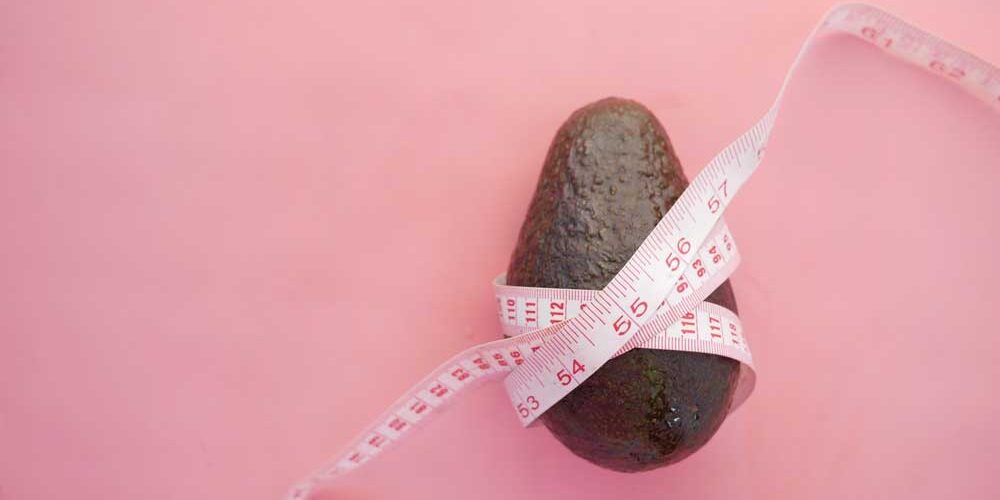Diet Fad Showdown: Atkins Versus Keto

There's a new diet fad in town, and it goes by the name of keto, and we covered it over here. But is it really all that different from the 1970s Atkins diet that went vogue in the early 2000s? Or is keto just Atkins for Millennials? Let's take a closer look at Atkins vs keto and see if there's actually any difference between them to determine which is right for you. Find out what you might seek to gain or, rather, lose.
The Atkins Diet
The Atkins diet is a low-carbohydrate, high-protein diet that was first developed in the 1970s. The diet became popular again in the early 2000s, and it remains one of the most popular diet fads today. The Atkins diet is based on the idea that eating too many carbohydrates causes weight gain because carbohydrates spike your blood sugar, leading to overall fat storage. The diet restricts carbohydrates, including sugar, bread, pasta, and grains, and instead focuses on eating high-protein foods like meat, fish, eggs, and cheese.
That being said, the Atkins diet does not end here. It's actually broken up into four phases, each supporting a different part of the weight loss journey.
Phase 1: Induction
Consume less that 20 grams of carbohydrates per day for 2 weeks. Instead, eat high-protein, high-fat foods and leafy greens. This phase is meant to kick-start the body's weight loss.
Phase 2: Balancing
Slowly add into your diet a higher variety of nuts, vegetables, and some fruit. Continue in this space until you are very close to your goal weight.
Phase 3: Fine-Tuning
Once you're near your goal weight, add in carbs to your diet, but ease up when your weight loss slows down. Stay here until you reach your goal weight.
Phase 4: Maintenance
In this phase, eat as many carbs as desired without regaining weight. No limitation except mindfulness.
The Keto Diet
Ketosis is a metabolic state in which your body uses fat for fuel instead of carbohydrates. The keto diet's emphasis is put on swapping out carbs for fats and "training" your body to burn fat for fuel, putting the body in a state of ketosis, the liver turning fat into ketones, which mimics glucose, providing your brain with necessary energy. Practically, this means keto dieters eat lots of meat, fish, eggs, nuts, and healthy oils, and they stay away from breads, pastas, sugars, and high-carb vegetables like potatoes and carrots.
The diet is based on the idea that eating a low-carbohydrate diet can help you lose weight because your insulin levels stay incredibly low, forcing your body to readily use fat for fuel, both the fat consumed and the fat on your body.
Atkins Vs. Keto
When comparing them side-by-side, they definitely both fit in the low-carbohydrate diet category. One major difference is that the keto diet's intention is to keep carbohydrates so low that your body enters ketosis; whereas, the Atkins diet keeps carbohydrates low in order to keep blood insulin levels low. Ultimately, though, they do a similar thing.
Which one is better for weight loss?
The bottom line is that they both have the same positive thing going for them: low carb, resulting in low insulin, resulting in tuned in hunger cues, resulting in fewer calories, resulting in weight loss.
And they both work in the short term. Some studies suggest that no diet works in the long term, so isn't that a fun statistic? The reality is when you pick up a diet to lose weight, if you go back to your old habits of eating after the weight is gone, you will add on more weight than you had before.
So which diet is better for weight loss? The one you can maintain forever. My money's on Atkins. After all, that's why Phase 4 exists. In fact, a Harvard study had participants lose weight on the keto diet for 6 months and then reintroduced them to carbohydrates using a Mediterranean diet—easier to maintain long-term, but still a transition to consistent, mindful, healthy eating. (Almost—if you see it—identical to the four phases of the Atkins diet.) Those participants were able to maintain their 10% body weight loss by the 1-year mark.
So be smart out there! Know going in to any weight loss journey, it's not about crash dieting. It's about changing the way you eat long term so your body can thrive and be healthy.
Over and out.
